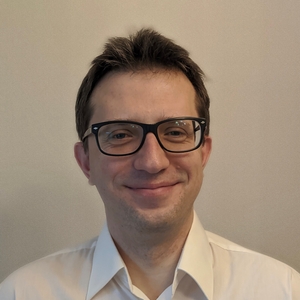Course goal and main objectives:
This course aims to provide the state-of-the-art knowledge in the field of quantum computing and its application to quantum machine learning (ML). The goal is to introduce quantum computing, explain its difference from classical computing, and learn the way in which quantum algorithms in application to machine learning can be developed. First major objective is to familiarize students with paradigmatic algorithms of quantum computing, and explain the difference between fault-tolerant and near-term quantum computing. Next objective is to learn and understand modern variational quantum algorithms, and code them for quantum hardware and simulators. Finally, the-state-of-the-art quantum machine learning (QML) tools will be introduced, with objective to understand and develop extensions to existing QML protocols.
Expected learning outcomes:
After the course you will have a base in quantum computing, understanding state-of-the-art quantum protocols, and being able to implement it in code for quantum hardware and simulators. You will understand the modern quantum techniques and will learn how to develop variational quantum-classical algorithms. You will learn the goals of machine learning, and apply quantum computing to machine learning, developing quantum machine learning software.
Relevance, novelty, significance, and uniqueness:
The course targets understanding of the quantum computing approach to information processing and state-of-the-art of machine learning, so it combines the significance of quantum paradigm of computation with novel solutions inspired by the artificial intelligence. It has a unique and specialized curriculum that is based on the contemporary research, giving access to knowledge available only in best research centers. The course teaches the way computing will be performed tomorrow.

